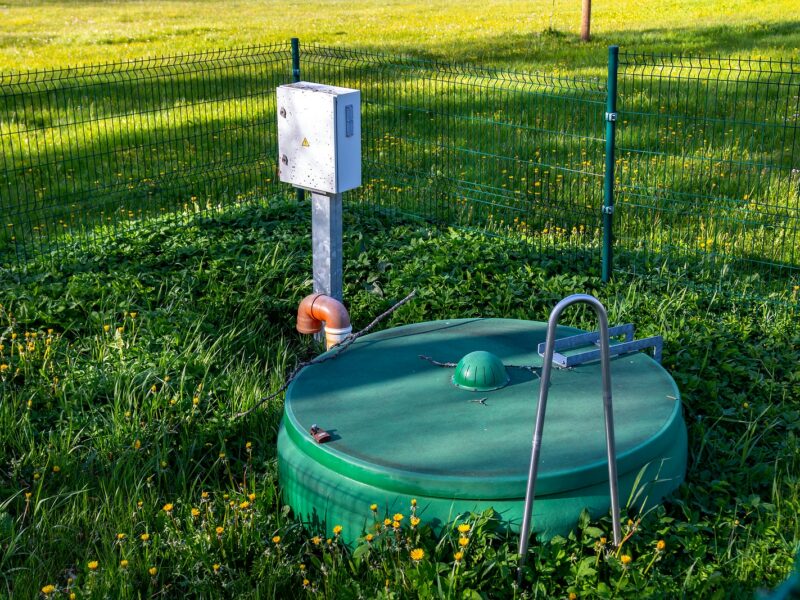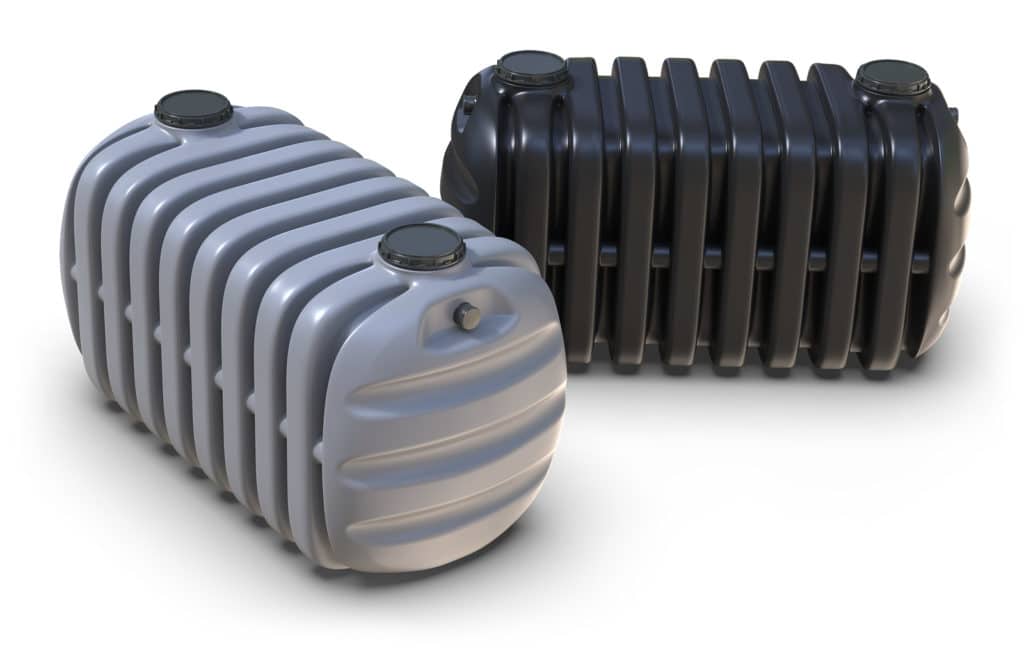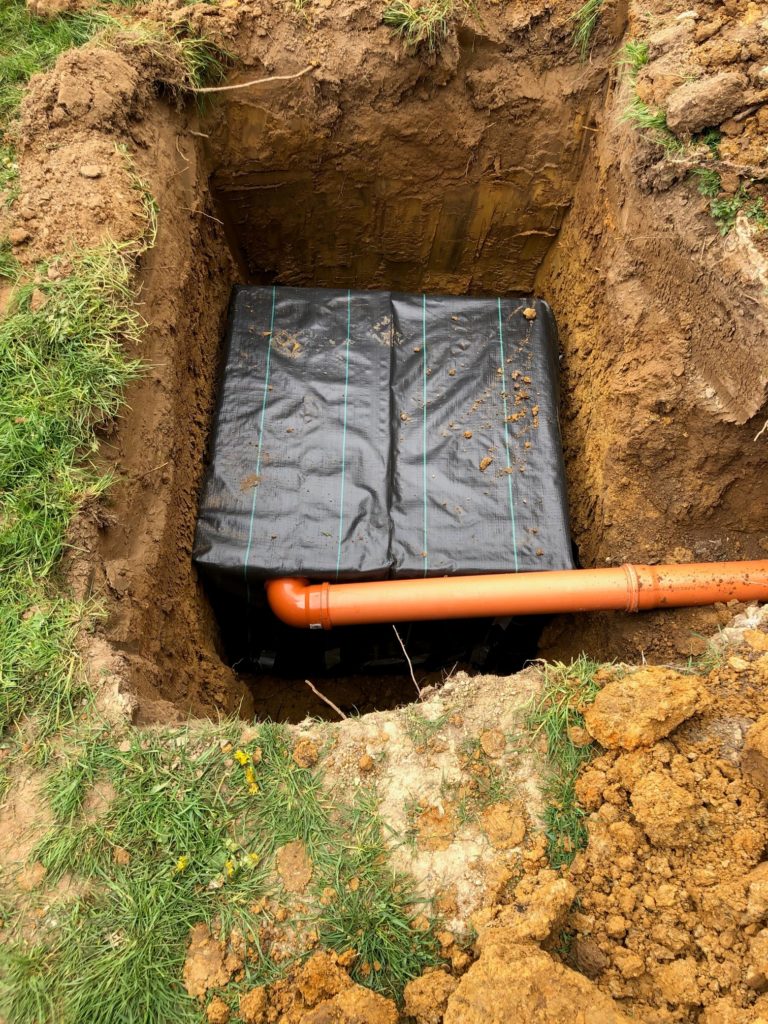Lead Pipes
Do You Have Lead Pipes in Your Home? Water mains in the UK are not…
Read more24 hr Emergency Callout

Blog

Septic tanks and cesspits are private sewage systems designed to collect wastewater from properties, and they share many of the same qualities and features. But what’s the difference between the two? Is one better than the other? And which is right for your property?
We’ve created this guide to answer these questions, so you can decide whether you need a cesspit or a septic tank for your home or building. Our experts have years of experience in handling all kinds of sewage systems, from installation to maintenance, to replacement.
While cesspits and septic tanks share many similarities, there are also a number of differences that you will need to be aware of:
The most noticeable of all the differences between the two systems is how they work. Cesspits, or cesspools, work to collect wastewater and sewage from a property and store it so that it can be taken away for treatment. Septic tanks, on the other hand, are designed to use a simple treatment process that will allow for treated wastewater to drain out of the system and into a drainage field.
Simply put, cesspits are only for the collection and storage of sewage and wastewater, they don’t treat what is collected. Septic tanks, meanwhile, are built for a certain amount of treatment and drainage, and the rest is then taken away when the system is emptied.
Both systems will need to be emptied regularly, but as cesspits don’t have an outlet (and legally cannot have an outlet), they will most likely need to be emptied far more regularly than septic tanks. The frequency of emptying will depend on the size of your property, the number of occupants, and the amount of water usage, but experts would recommend emptying it at the very most monthly, and at the very least yearly.
It is also important to regularly check the levels of waste in a cesspit because it is an offence under the Public Health Act 1936 to let them overfill.
Septic tank emptying should take place at the very most yearly, and at the very least every three years. This will, again, depend on the size of the tank and recommendations from specialists.
Both septic tanks and cesspits are buried underground, but the circumstances where they are needed vary. If your soil fails soakaway tests and you have no other method of waste disposal for wastewater that would come from the system, then you will be advised to get a cesspit installed rather than a septic tank.
Technically speaking, most experts will first recommend that your property is connected to the mains sewer before you resort to private sewage systems. If this is an option, you should always have this done before thinking of having a cesspit or septic tank installed, or maintaining one that you already have.

If you cannot be connected to a mains sewer line, then the next best option will normally be a domestic sewage treatment plant. After this, it will usually be recommended that a septic tank is installed. Cesspits are generally considered to be the last resort option, owing to the fact that:
Septic tanks, therefore, would generally be considered “better” for a property because they provide a simple, safe method of treating sewage. They are also less expensive and need less work to maintain. However, the system that will actually be best for your own property will all depend on individual circumstances, including the type of ground you have.
If you have a private drainage system on your property, like a septic tank or a cesspit, we can be there to keep it clean and maintained for you. With competitive rates charged for services, no call-out fees, and fast, efficient work carried out by local professionals, you won’t find a better drainage service in all of Sussex.
Contact us today and let us help you keep your drains flowing, or get them restored and working as they should as soon as possible.